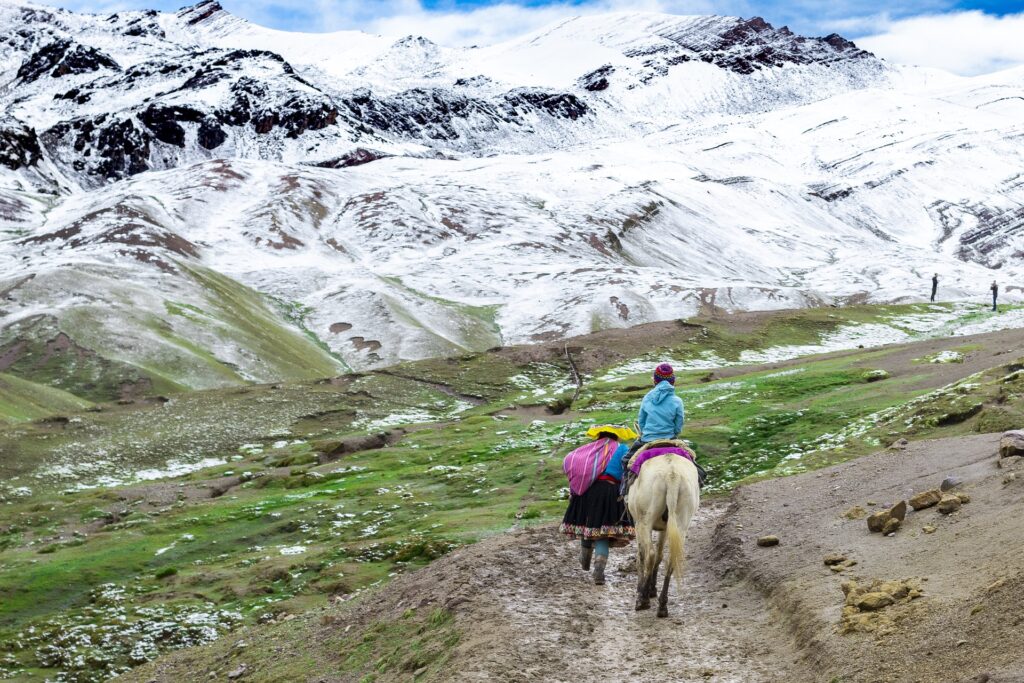An international fund tasked with financing projects aimed at helping developing countries to adapt to the impacts of climate change has reaccredited the WMO as a project implementation partner.
The WMO became accredited as an Adaptation Fund Multilateral Implementing Entity in December 2010, the status of which has now been extended to March 2027. The WMO’s renewed status enables it to propose adaptation projects to build resilience in countries most vulnerable to climate change and extreme weather impacts.
The WMO is currently implementing several projects with funding from the Adaptation Fund, including:
- Enhancing Adaptive Capacity of Andean Communities through Climate Services (ENANDES), which aims to increase the resilience and adaptive capacity to climate variability and change of highly vulnerable communities living in the Andes. The project seeks to enhance the capacity of communities in Chile, Colombia and Peru to adapt to a varying and changing climate. This will be done by producing, communicating and assessing the use of credible and authoritative information as the scientific evidence for decision and policy making on disaster preparedness. ENANDES will also build human and infrastructure capacity, while seeking to overcome institutional, technological and cultural barriers through increased coordination.
- Agricultural Climate Resilience Enhancement Initiative (ACREI) – The goal of the project is to develop and implement adaptation strategies and measures that will strengthen the resilience of vulnerable smallholder farmers, agro-pastoralists and pastoralists in the Horn of Africa. The target countries are Ethiopia, Kenya and Uganda. ACREI was the first regional project to be approved by the Adaptation Fund in 2017.
- The Volta Flood and Drought Management Project is improving West African climate adaptation and disaster management by developing region-wide early warning systems. Specifically, the organization aims to assist the six countries – Benin, Burkina Faso, Côte d’Ivoire, Ghana, Mali and Togo – that sit above the Volta Basin, the ninth largest river basin in sub-Saharan Africa covering an area of about 400,000km2 . The majority of its 29 million inhabitants live below the poverty line, with four of the six ranked among the UN’s list of least developed countries, and livelihoods are highly dependent on agriculture, which is vulnerable to regular extreme meteorological and hydrological events. Through the grant from the Adaptation Fund, the WMO, alongside the Volta Basin Authority and Global Water Partnership West Africa, is seeking to improve existing flood and drought management strategies and plans at the regional, national and local level.
- Lake Chad Basin – The WMO is also working with partners to prepare a project to establish hydrological monitoring and an early warning system (EWS) for sustainable and fair water management and against water-related disaster risks like floods and drought in the Lake Chad basin. It seeks to improve water resource management for better climate resilience in the basin, which is severely affected by climate change. WMO, the Lake Chad Basin Commission (LCBC) and the Global Water Partnership Central Africa (GWP-CAf) are partners in the project, with support from member countries (Cameroon, Central African Republic, Chad, Niger and Nigeria).



